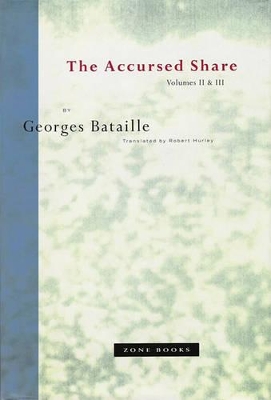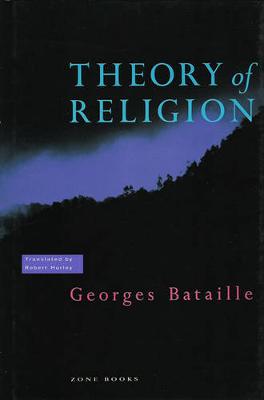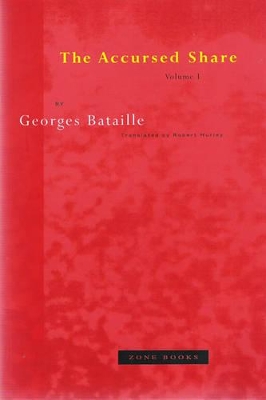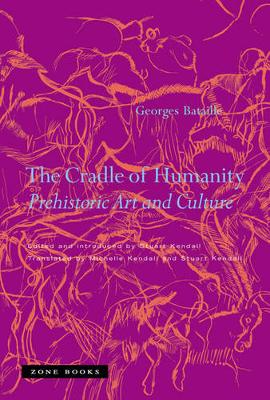Zone Books
4 total works
The three volumes of The Accursed Share address what Georges Bataille sees as the paradox of utility: namely, if being useful means serving a further end, then the ultimate end of utility can only be uselessness. The first volume of The Accursed Share, the only one published before Bataille's death, treated this paradox in economic terms, showing that "it is not necessity but its contrary, luxury, that presents living matter and mankind with their fundamental problems." This Zone edition includes in a single volume a reconstruction, based on the versions published in Bataille's posthumous collected works, of his intended continuation of The Accursed Share.
In the second and third volumes, The History of Eroticism and Sovereignty, Bataille explores the same paradox of utility, respectively from an anthropological and an ethical perspective. He first analyzes the fears and fascination, the prohibitions and the transgressions attached to the realm of eroticism as so many expressions of the "uselessness" of erotic life. It is just this expenditure of excess energy that demarcates the realm of human autonomy, of independence relative to "useful" ends. The study of eroticism therefore leads naturally to the examination of human sovereignty, in which Bataille defines the sovereign individual as one who consumes and does not labor, creating a life beyond the realm of utility.
Georges Bataille, a philosopher and novelist sui generis, died in 1962.
Most Anglo-American readers know Bataille as a novelist. The Accursed Share provides an excellent introduction to Bataille the philosopher. Here he uses his unique economic theory as the basis for an incisive inquiry into the very nature of civilization. Unlike conventional economic models based on notions of scarcity, Bataille's theory develops the concept of excess: a civilization, he argues, reveals its order most clearly in the treatment of its surplus energy. The result is a brilliant blend of ethics, aesthetics, and cultural anthropology that challenges both mainstream economics and ethnology.
A radically interdisciplinary inquiry into the origins of human consciousness, community, and potential.
The Cradle of Humanity: Prehistoric Art and Culture collects essays and lectures by Georges Bataille spanning 30 years of research in anthropology, comparative religion, aesthetics, and philosophy. These were neither idle nor idyllic years; the discovery of Lascaux in 1940 coincides with the bloodiest war in history-with new machines of death, Auschwitz, and Hiroshima. Bataille's reflections on the possible origins of humanity coincide with the intensified threat of its possible extinction. For Bataille, prehistory is universal history; it is the history of a human community prior to its fall into separation, into nations and races. The art of prehistory offers the earliest traces of nascent yet fully human consciousness-of consciousness not yet fully separated from natural flora and fauna, or from the energetic forces of the universe. A play of identities, the art of prehistory is the art of a consciousness struggling against itself, of a human spirit struggling against brute animal physicality. Prehistory is the cradle of humanity, the birth of tragedy. Bataille reaches beyond disciplinary specializations to imagine a moment when thought was universal. Bataille's work provides a model for interdisciplinary inquiry in our own day, a universal imagination and thought for our own potential community. The Cradle of Humanity: Prehistoric Art and Culture speaks to philosophers and historians of thought, to anthropologists interested in the history of their discipline and in new methodologies, to theologians and religious comparatists interested in the origins and nature of man's encounter with the sacred, and to art historians and aestheticians grappling with the place of prehistory in the canons of art.



